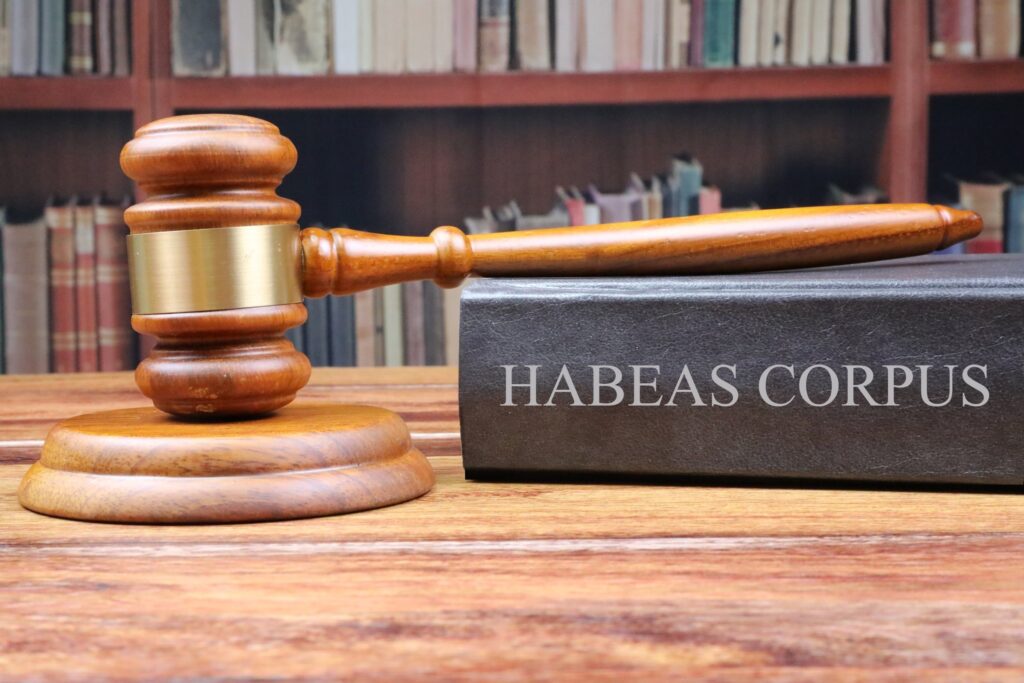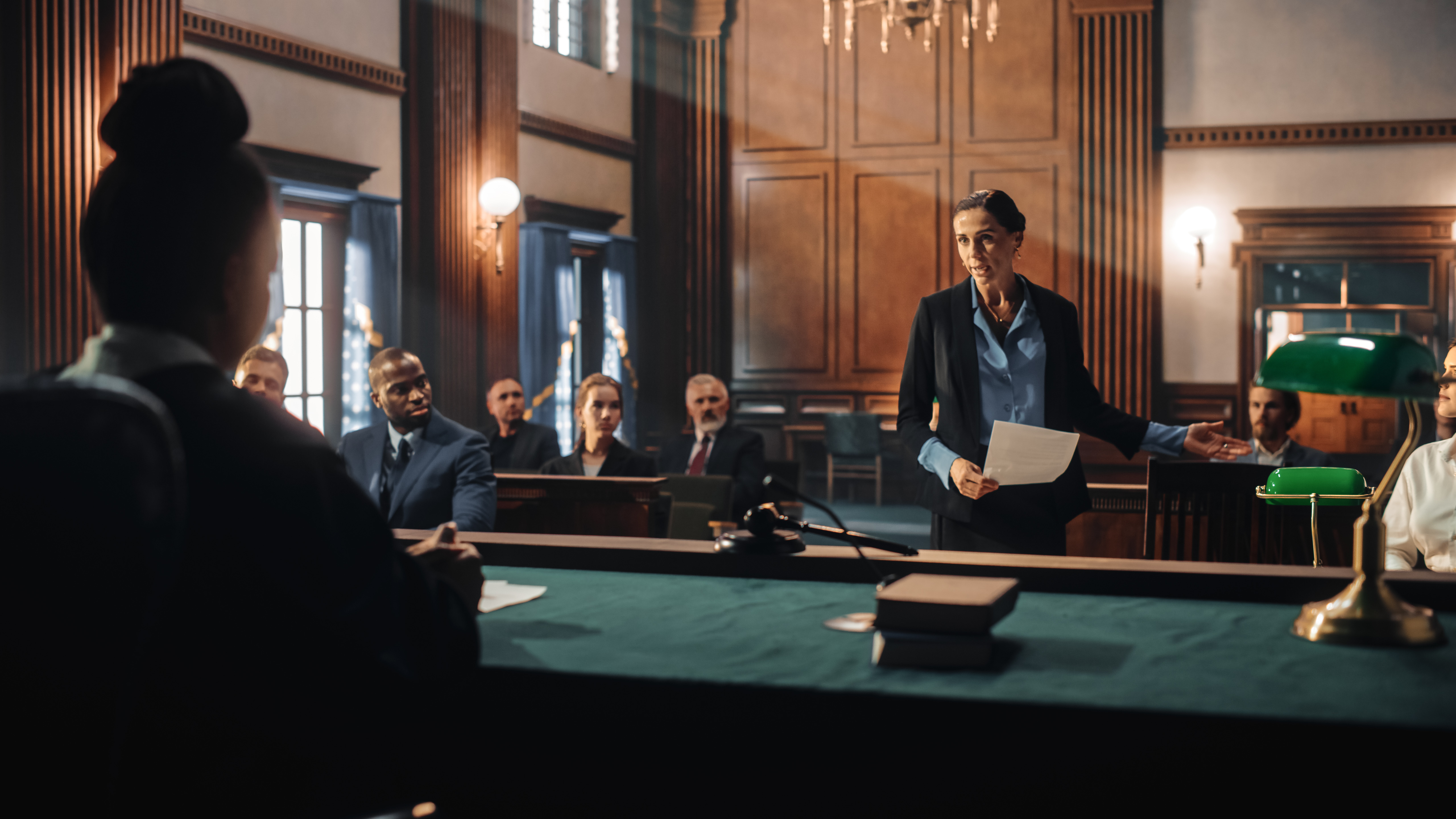Professional Attorney Insights on the Significance of Habeas Corpus
Comprehending the Duty of a Post-Conviction Legal Representative in Looking For Justice After a Criminal Conviction
In the complex landscape of post-conviction legal proceedings, the duty of a post-conviction legal representative is crucial in browsing the path to justice after a criminal conviction. Beyond the boundaries of a trial, these lawyers involve in a complex approach aimed at revealing brand-new proof, difficult lawful mistakes, and advocating for their clients' legal rights. The intricacies of post-conviction job call for a blend of lawful acumen, investigative abilities, and critical believing to unwind the intricacies of a case and go after avenues that might have been ignored or underexplored. As the pursuit of justice prolongs beyond the confines of preliminary procedures, the role of a post-conviction lawyer becomes a beacon of expect those seeking to remedy oppressions and reclaim their civil liberties within the lawful system.
Post-Conviction Legal representative's Investigative Job
Post-conviction attorneys take part in thorough investigatory job to uncover new evidence, step-by-step errors, or misbehavior that could possibly lead to overturning a conviction. This investigative stage is important in the post-conviction procedure as it aims to identify any overlooked information or lawful bad moves that may have influenced the outcome of the initial test. Post-conviction lawyers dive right into case documents, witness statements, and legal documents with a fine-tooth comb, looking for any kind of disparities or abnormalities that can be grounds for allure.
Through detailed investigation, post-conviction attorneys aim to lose light on possible oppressions that might have happened throughout the original test. By looking at every aspect of the legal process, post-conviction lawyers work tirelessly to discover any factors that may have affected the decision.
Crafting Appeals and Petitions
In the quest of justice after a sentence, competent attorneys meticulously craft allures and applications to present engaging arguments for the reconsideration of lawful decisions. Crafting charms and applications needs a deep understanding of the lawful system, focus to detail, and calculated reasoning. Post-conviction legal representatives assess test records, determine possible mistakes or infractions of legal rights, and create lawful debates to test the sentence or sentence.
When crafting a charm, attorneys concentrate on highlighting lawful errors that might have influenced the end result of the situation. They research case regulation, statutes, and legal precedents to sustain their arguments. Requests, on the various other hand, may entail presenting new evidence that was not readily available during the test or demonstrating modifications in the regulation that call for a review of the sentence.
In addition, post-conviction attorneys should comply with strict step-by-step policies and deadlines when filing appeals and petitions. They should offer their debates plainly and persuasively to convince the court to approve alleviation to their customers. Through careful crafting of allures and requests, post-conviction lawyers aim to protect justice address for people who have actually been wrongfully convicted or unfairly sentenced.

Pursuing Post-Conviction Alleviation
Post-conviction alleviation encompasses a range of legal systems developed to challenge the legitimacy of a conviction or sentence. Post-conviction attorneys play a critical role in navigating these intricate procedures, guaranteeing that all legal choices are discovered to remedy oppressions that might have occurred during the trial or sentencing phase.
One common form of post-conviction relief is submitting an application for post-conviction relief, usually based on insurance claims of ineffective help of advise, prosecutorial misconduct, freshly discovered evidence, or constitutional violations. Experienced post-conviction legal representatives have the abilities and expertise required to recognize practical legal insurance claims, perform investigations, and existing compelling debates to safeguard alleviation for their customers.
Making Use Of Forensic Evidence
When testing a conviction or sentence, the calculated application of forensic evidence can be a powerful device in post-conviction legal process. Forensic proof includes a vast array of scientific techniques utilized to explore criminal activities and develop truths in court. Post-conviction legal representatives can utilize forensic evidence to test the legitimacy of sentences by providing brand-new clinical findings that were not available throughout the initial test.

Participating In Sentence Alterations
Post-conviction legal representatives may explore the possibility of sentence alterations as a lawful method to deal with out of proportion or unfair sentences handed down in criminal cases. Sentence modifications involve looking for changes to the regards to an offender's sentence after a sentence has actually happened. These alterations can consist of reducing the size of a sentence, altering the sort of penalty imposed, or discovering alternative sentencing choices.
Post-conviction attorneys can seek sentence modifications through different lawful mechanisms, such as submitting motions for sentence reduction, appealing for thoughtful launch, or working out appeal deals for lowered sentences. They must thoroughly assess the scenarios of the case, examine the legal grounds for seeking an adjustment, and existing engaging disagreements to the court supporting the need for a revised sentence.
Taking part in sentence modifications needs a comprehensive understanding of criminal law, punishing standards, and the particular procedures associated with looking for post-conviction relief. Post-conviction attorneys play a vital duty in supporting for fair and simply results by difficult sentences that are unduly harsh or do not line up with the concepts of justice.
Final Thought
Finally, the function of a post-conviction lawyer is critical in seeking justice after a criminal sentence. Through investigatory job, crafting charms and petitions, going after post-conviction alleviation, making use of forensic proof, and taking part in sentence modifications, these lawyers play an important function in supporting for their clients and ensuring that their civil liberties are maintained within the criminal justice system. Their dedication and competence are vital in browsing the complexities of post-conviction proceedings and accomplishing a fair outcome for people dealing with criminal sentences.